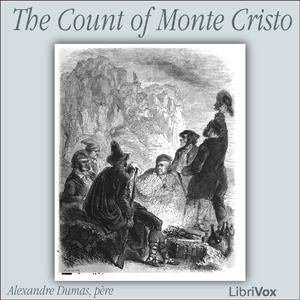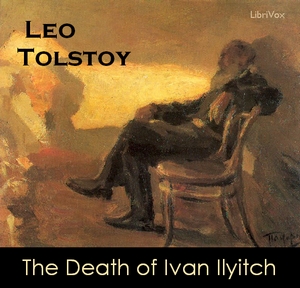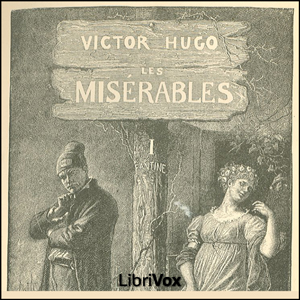- Book First Chapter 01
- Book First Chapter 02
- Book First Chapter 03
- Book First Chapter 04
- Book First Chapter 05
- Book First Chapter 06
- Book First Chapter 07
- Book First Chapter 08
- Book First Chapter 09
- Book First Chapter 10
- Book First Chapter 11
- Book Second Chapter 12
- Book Second Chapter 13
- Book Second Chapter 14
- Book Second Chapter 15
- Book Second Chapter 16
- Book Second Chapter 17
- Book Second Chapter 18
- Book Second Chapter 19
- Book Second Chapter 20
- Book Second Chapter 21
- Book Third Chapter 22
- Book Third Chapter 23
- Book Third Chapter 24
- Book Third Chapter 25
- Book Third Chapter 26
- Book Third Chapter 27
- Book Third Chapter 28
- Book Fourth Chapter 29
- Book Fourth Chapter 30
- Book Fourth Chapter 31
- Book Fourth Chapter 32
- Book Fourth Chapter 33
- Book Fourth Chapter 34
- Book Fourth Chapter 35
- Book Fourth Chapter 36
- Book Fourth Chapter 37
- Book Fifth Chapter 38
- Book Fifth Chapter 39
- Book Fifth Chapter 40
- Book Fifth Chapter 41
- Book Fifth Chapter 42
- Book Fifth Chapter 43
- Book Fifth Chapter 44
- Book Fifth Chapter 45
- Book Fifth Chapter 46
- Book Fifth Chapter 47
Princess Casamassima can be read on several levels: first, as a political and social novel, exploring the anarchistic and revolutionary underground of London in the 1880s; secondly as a psychological study of such a movement on a young man (the protagonist, Hyacinth Robinson) who may or may not be descended from the aristocracy, but whose artistic nature shines out in the midst of the London slums; and thirdly, as an examination of the conundrum whether the world of art and culture is necessarily built on the abject poverty of others. The Princess herself started as the beautiful and intelligent American Christina Light in James’s Roderick Hudson but has now come to London to escape the Neapolitan prince to whom she is unhappily married. Yet she and Robinson are only two of a larger set of characters whose commitment to an imagined revolutionary cause may be sincere or many be questionable. As is usual with Henry James, readers will have to make their own judgements. (Nicholas Clifford)
There are no reviews for this eBook.
There are no comments for this eBook.
You must log in to post a comment.
Log in











